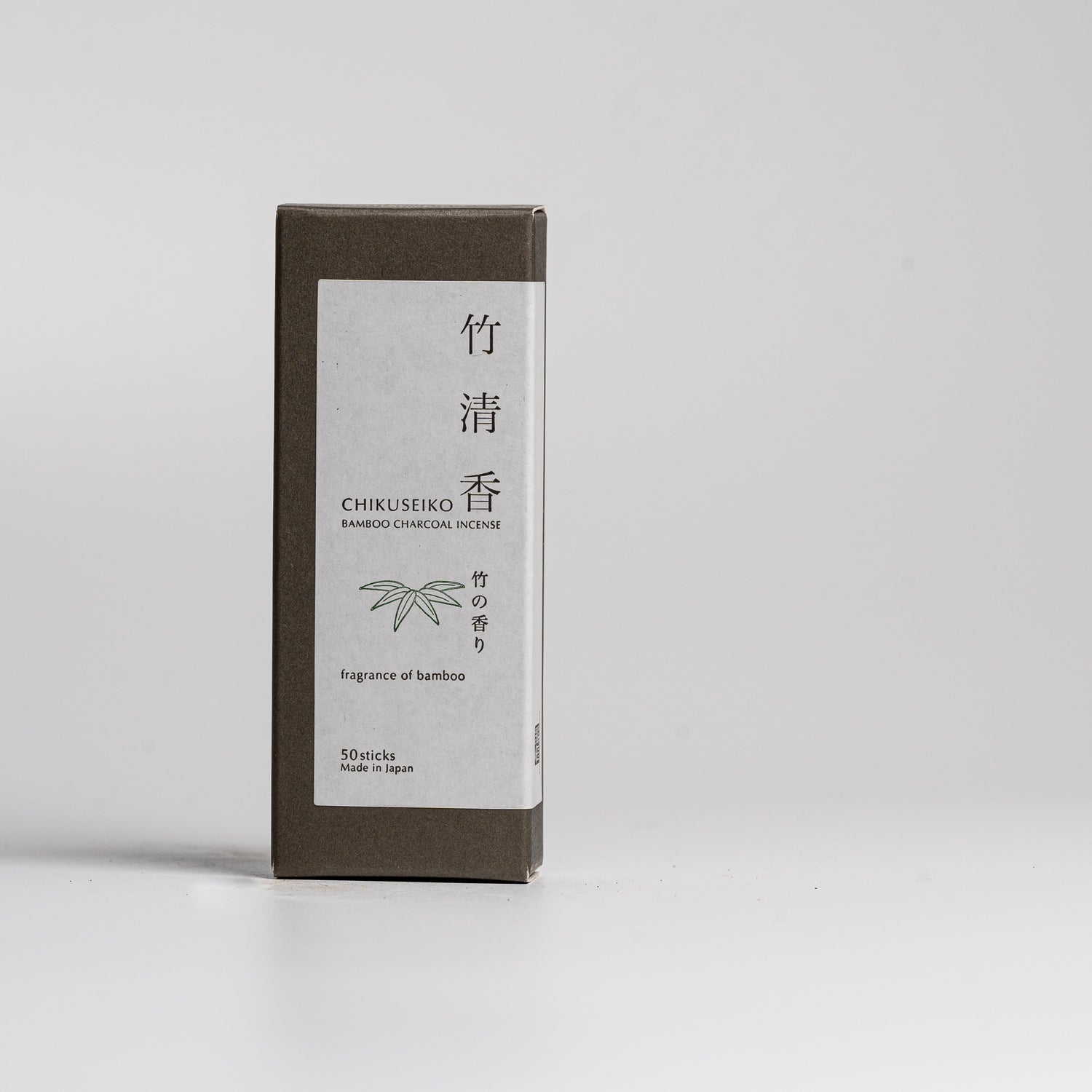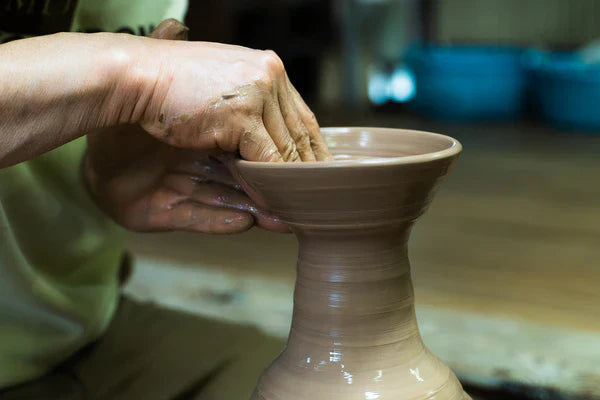The preservation and celebration of Japanese traditional crafts are deeply rooted in the nation's cultural identity. Central to this preservation is the esteemed title of "Master of Traditional Crafts" (伝統工芸士, Dentō Kōgeishi), awarded to artisans who have demonstrated exceptional skill and dedication to their craft.
Defining a Master of Traditional Crafts
A Dentō Kōgeishi is an artisan recognised for their mastery of traditional techniques and commitment to preserving Japan's rich craft heritage. This title is conferred by the Association for the Promotion of Traditional Craft Industries. As of February 2025, approximately 3,300 artisans hold this prestigious designation, representing about 10% of all traditional craft practitioners in Japan.

Symbol for Traditional Crafts, The Association for the Promotion of Traditional Craft Industries
Criteria for Traditional Craft Designation
For a craft to be officially recognised as a "Traditional Craft" (伝統的工芸品, Dentōteki Kōgeihin) in Japan, it must meet specific criteria outlined in the Act on the Promotion of Traditional Craft Industries. These criteria include:
-
Primary Use in Daily Life: The craft should be primarily utilised in everyday activities, encompassing items used in regular life events, ceremonies, or festivals.
-
Handcrafted Production: The essential processes of the craft must be performed manually, ensuring that the core characteristics and quality are maintained through handcrafting.
-
Traditional Techniques and Methods: The craft must employ techniques and methods that have been in use for over a century, reflecting a long-standing heritage.
-
Traditional Materials: Materials traditionally used for over 100 years should be employed in the creation of the craft, maintaining authenticity and historical continuity.
- Regional Concentration: The craft must be produced in a specific area, with a community of artisans contributing to a recognised local industry.
As of October 17, 2024, there are 243 crafts nationwide that have received this designation.

Certification Process for Masters
Achieving the status of a Dentō Kōgeishi involves a rigorous certification process:
-
Experience: The artisan must have a minimum of 12 years of practical experience in producing a designated traditional craft within its specific region.
-
Examinations: Candidates undergo comprehensive assessments, including practical skill tests, theoretical knowledge evaluations, and interviews.
- Continuous Evaluation: Post-certification, artisans are subject to evaluations every five years to ensure they maintain the high standards expected of a master craftsman.
This stringent process ensures that only those who have deeply honed their skills and knowledge are honored with the title.

Examples of Traditional Japanese Crafts
Japan's traditional crafts are diverse, each reflecting the unique cultural and historical context of its region. Some notable examples include:
-
Ceramics: Hagi yaki from Yamaguchi Prefecture is renowned for its teaware and rustic appeal.
-
Japanese lamps: Chochin from Gifu Prefecture are celebrated for their aesthetic appeal and delicate glow
-
Takayama chasen: Chasen matcha whisks from Nara Prefecture are traditional bamboo instruments used for perfecting the tea ceremony.
Role and Importance of Masters
Dentō Kōgeishi play a pivotal role in preserving and promoting Japan's cultural heritage. Their responsibilities include:
-
Skill Preservation: Ensuring that traditional techniques are meticulously maintained and passed down to future generations.
-
Mentorship: Training and nurturing apprentices, fostering the development of new artisans.
-
Community Leadership: Leading local craft communities and contributing to regional cultural and economic vitality.
Their dedication not only safeguards traditional crafts but also enriches Japan's cultural landscape, allowing these art forms to thrive in contemporary society.
Enjoying a master’s work
The title of Dentō Kōgeishi is more than a certification; it is a testament to an artisan's unwavering commitment to excellence and cultural preservation. Through their mastery, these craftsmen ensure that Japanese traditional crafts continue to be cherished and recognised worldwide, reflecting the nation's rich history and artistic spirit. Many of our artists, including Masanori Makino and craftsmen from Asano Shoten have received this prestigious certification.


